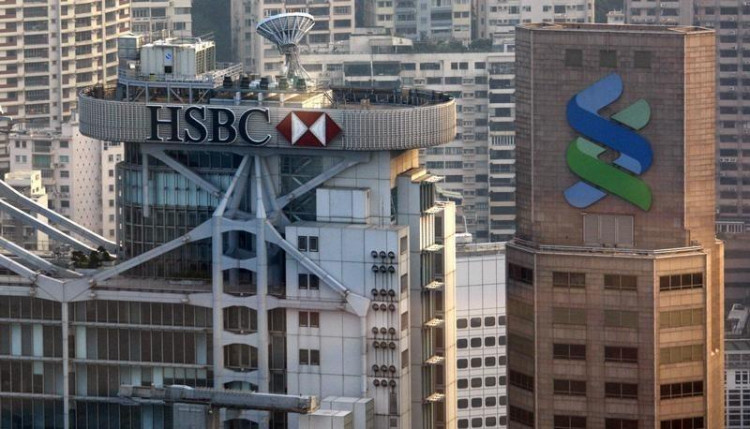For the first time in over 11 years, Hong Kong's three currency issuers have all lowered their prime rates to support local businesses. While the move will be of great benefit to local businesses, the cuts will be placing added pressure on the banks and their bottom lines.
The rate cuts by HSBC, Bank of China Hong Kong, and Standard Chartered Bank comes as the city's economy continues to decline at an unexpected rate. The decline has resulted in the economy slipping into its first technical recession in over a decade.
Hong Kong's three currency issuers announced that they will all be cutting their lending rates by 12.5 basis points. The move has been initiated as a response to the local monetary authority's quarter-point cut in its base lending rates.
Hong Kong's de facto central bank, the Hong Kong Monetary Authority (HKMA), once again lowered its benchmark lending rate on Thursday. The cuts were made in conjunction with the latest round of rate cuts made by the US Federal Reserve. The HKMA has so far cut its rates three times this year, but Hong Kong's three currency-issuing banks did not change their rates during the first two rate cuts in August and September.
According to announcements that were released on Thursday, HSBC and the Bank of China will be cutting their prime rates to 5 percent, while Standard Chartered's rates will drop to 5.25 percent. US dollar and local currency deposit savings rates have also been slashed to a technically negligible 0.001 percent.
The recent cut of the best lending rates for the three banks matches the rates that were being offered during the 2008 financial crisis. The 5 percent-mark is often regarded as the key threshold for banks to sustain their profitability.
Brining rates even lower would make it very difficult for banks to make any profit.
Analysts have stated that the easing of the rates is the most the banks can offer at this time without hurting their own performance in their best market.
Any further easement would jeopardize the companies' books, which have already been hammered by the ongoing trade dispute between China and the United States and the domestic unrest in Hong Kong.
China's economic growth as a whole has decelerated to its slowest pace in years, greatly affecting the income of Chinese financial institutions.
Traditional lenders are also facing added competition from new players, particularly from the recent approval-to-operate of new fully-digital banks, which offer the same services along with new features that traditional banks cannot offer.






